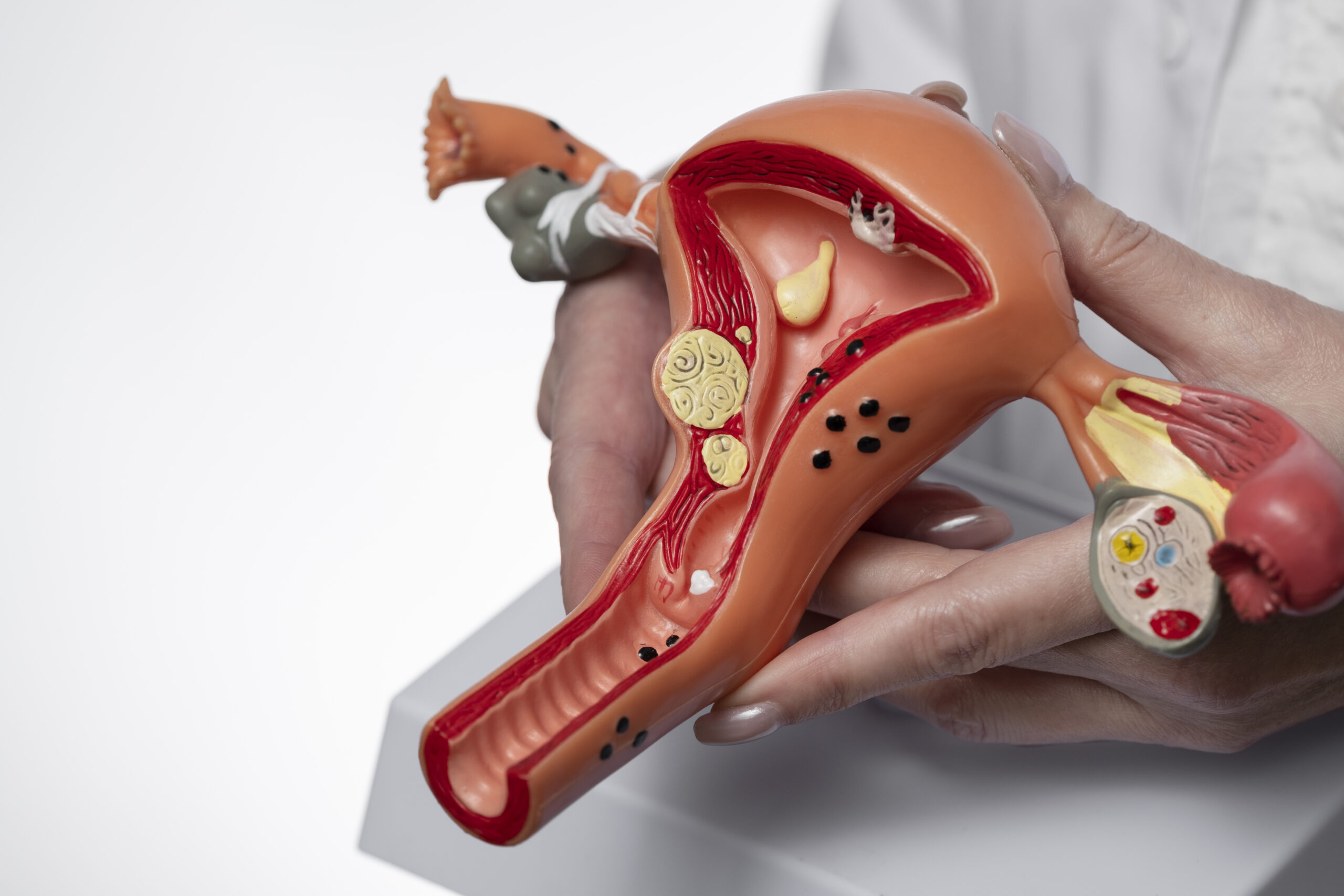
13 May Understanding Uterine Fibroids: Causes, Symptoms, and Treatment Options
Uterine fibroids are a common gynecological condition that affects many women worldwide. In this comprehensive blog post, we will delve into the intricacies of uterine fibroids, exploring their causes, symptoms, and available treatment options. Dr. Usha M Kumar, a leading gynecologist in Delhi, will provide expert insights and guidance throughout the article. So, let’s gain a better understanding of uterine fibroids and empower ourselves with knowledge to make informed decisions about our health.
Causes of Uterine Fibroids:
Uterine fibroids are benign tumors that develop in the uterus. While the exact cause remains unclear, certain factors contribute to their formation. Dr. Usha M Kumar explains that hormonal imbalances, specifically an excess of estrogen and progesterone, play a significant role in their development. Other factors such as genetic predisposition, family history, and obesity can also contribute to the formation of uterine fibroids.
Common Symptoms:
The symptoms experienced by women with uterine fibroids can vary in severity and presentation. Dr. Usha M Kumar, the best Gynaecologist in South Delhi highlights that while some women may be asymptomatic, others may experience heavy and prolonged menstrual bleeding, pelvic pain or pressure, frequent urination, and difficulty conceiving. It is essential to consult with a gynecologist if any of these symptoms arise, as they can impact a woman’s quality of life and fertility.
Diagnostic Procedures:
Accurate diagnosis is crucial for effective management of uterine fibroids. Dr. Usha M Kumar discusses various diagnostic procedures used to identify and evaluate uterine fibroids. These may include pelvic examinations, ultrasound imaging, magnetic resonance imaging (MRI), and hysteroscopy. Through these examinations, gynecologists can assess the size, location, and characteristics of fibroids, enabling them to develop a personalized treatment plan.
Treatment Options:
Treatment approaches for uterine fibroids depend on various factors, including the severity of symptoms, the desire for future fertility, and the size and location of the fibroids. Dr. Usha M Kumar emphasizes that treatment options can range from conservative management to surgical interventions. Non-surgical approaches may involve medications to manage symptoms and hormonal therapies to regulate menstrual cycles. In cases where fibroids cause significant discomfort or fertility issues, surgical interventions such as myomectomy (removal of fibroids) or hysterectomy (removal of the uterus) may be recommended. Dr. Usha M Kumar emphasizes that the choice of treatment should be tailored to each individual’s specific needs and goals.
Advancements in Minimally Invasive Techniques:
In recent years, there have been significant advancements in minimally invasive procedures for treating uterine fibroids. Dr. Usha M Kumar, the best Doctor for Uterine Fibroids in Delhi sheds light on these innovative techniques, including laparoscopic and hysteroscopic procedures, which offer several benefits such as smaller incisions, reduced recovery time, and minimal scarring. These techniques have revolutionized fibroid treatment, providing women with effective options while preserving their reproductive potential.
Wrapping Up:
Uterine fibroids are a common gynecological condition that can significantly impact a woman’s health and well-being. By understanding the causes, recognizing the symptoms, and exploring the available treatment options, women can make informed decisions about their healthcare. Dr. Usha M Kumar, the best gynecologist in Delhi, plays a crucial role in guiding patients through the journey of uterine fibroid management, providing expert care and personalized treatment plans. Remember, early detection and proactive management are key to maintaining optimal gynecological health.




Sorry, the comment form is closed at this time.